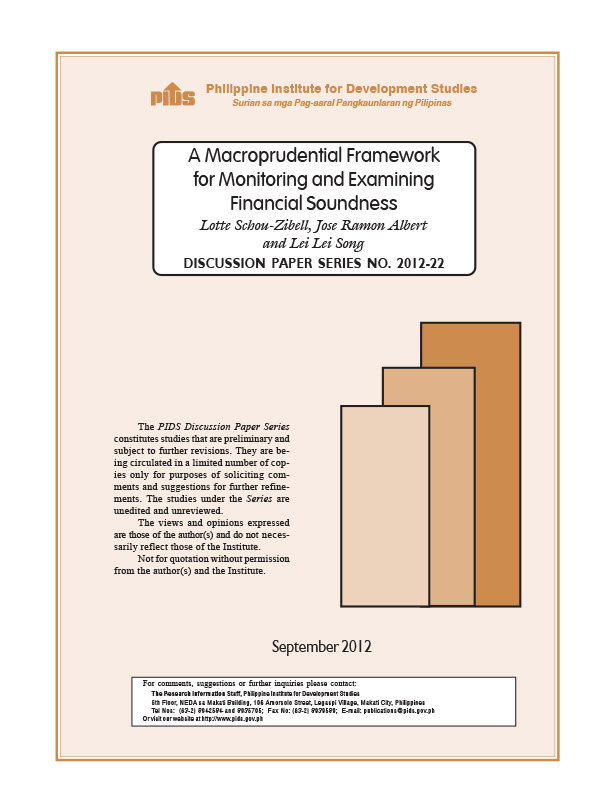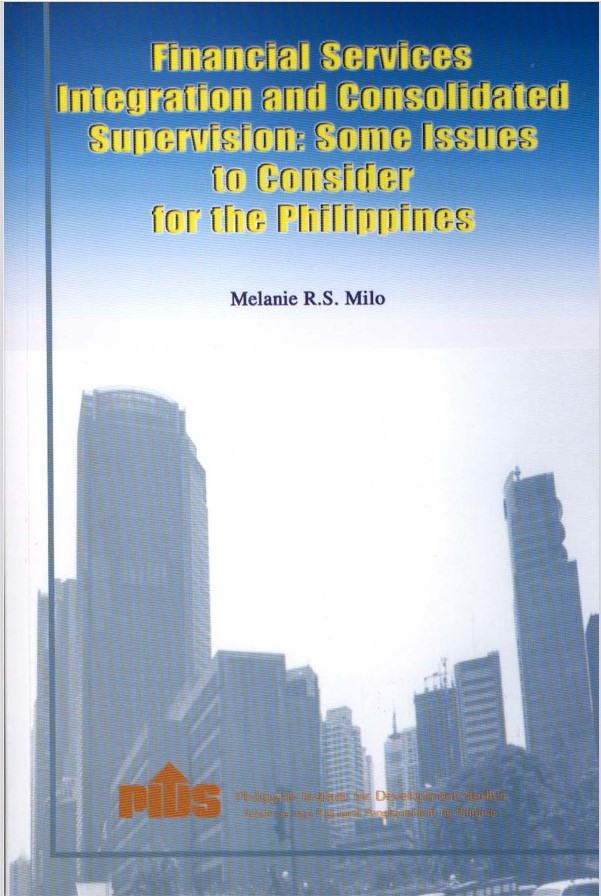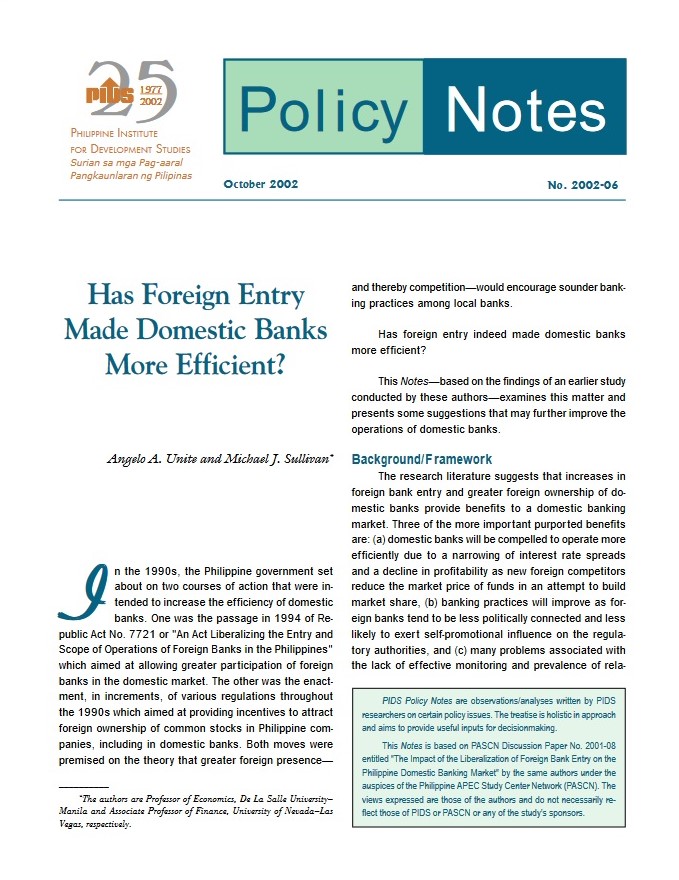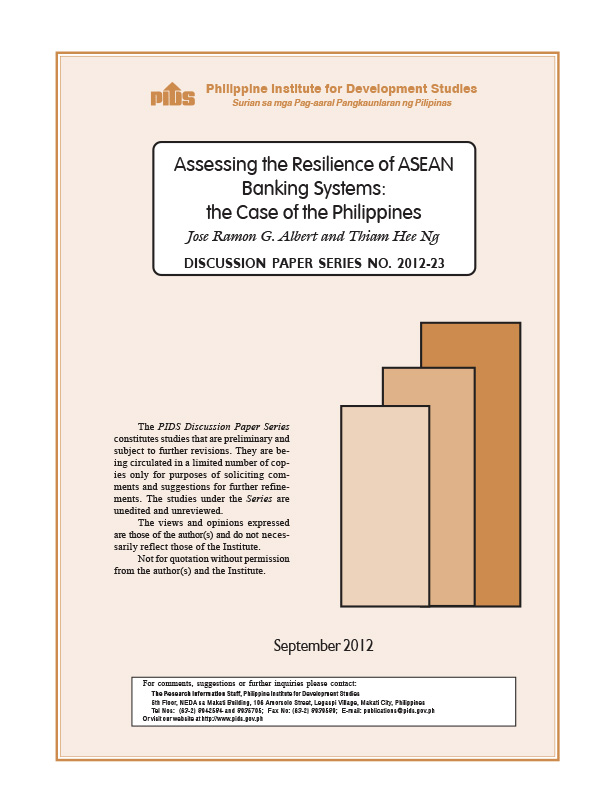This paper describes concepts and tools behind macroprudential monitoring and the growing importance of macroprudential tools for assessing the stability of financial systems. This paper also employs a macroprudential approach in examining financial soundness and identifying its determinants. Using data from selected developing economies in Asia, South America, and Europe as well as selected economies from the developed world, panel regressions are estimated to quantify the impacts of the major influences on key financial soundness indicators, including capital adequacy, asset quality, and earnings and profitability.
Citations
This publication has been cited 9 times
- Agénor, Pierre-Richard and Luiz A. Pereira da Silva. 2013. Inflation targeting and financial stability: A perspective from the developing world. Working Papers Series 324. Central Bank of Brazil, Research Department.
- Albert, Jose Ramon and Thiam Hee Ng . 2012. Assessing the resilience of ASEAN banking systems: The case of the Philippines. Working Papers on Regional Economic Integration 93. Asian Development Bank.
- Albert, Jose Ramon G. & Ng, Thiam Hee. ". 2012. Assessing the resilience of ASEAN banking systems: The case of the Philippines. Discussion Papers DP 2012-23. Philippine Institute for Development Studies.
- Dumicic, Mirna. 2015. Financial stress indicators for small, open, highly euroized countries: the case of Croatia. Financial Theory and Practice, 39, no. 2, 171-203. Institute of Public Finance.
- Dumicic, Mirna. 2018. Effectiveness of macroprudential policies in Central and Eastern European countries. Public Sector Economics, 42, no. 1, 1-19 . Institute of Public Finance.
- Dumičić, Mirna. 2014. Financial stress indicators for small, open, highly euroised countries: The case of Croatia. Working Papers 41. The Croatian National Bank, Croatia.
- Loan, Trenca, Balogh Peter, and Mutu Simona. 2013. A macroprudential supervision model: Empirical evidence from the Central and Eastern European banking system. Annals of Faculty of Economics, 1, no. 1, 1133-1141. University of Oradea, Faculty of Economics.
- Pecaric, Mario and Josip Viskovic. 2013. The effects of prudential policy measures on financial stability in post-transition countries. Zbornik radova Ekonomskog fakulteta u Rijeci/Proceedings of Rijeka Faculty of Economics, 31, no. 1, 9-34. University of Rijeka, Faculty of Economics and Business.
- Vedev, A.. 2013. Mega-regulator for Russia as an institutional problem and an intellectual challenge. Journal of the New Economic Association, 19, no. 3, 139-143. New Economic Association.













